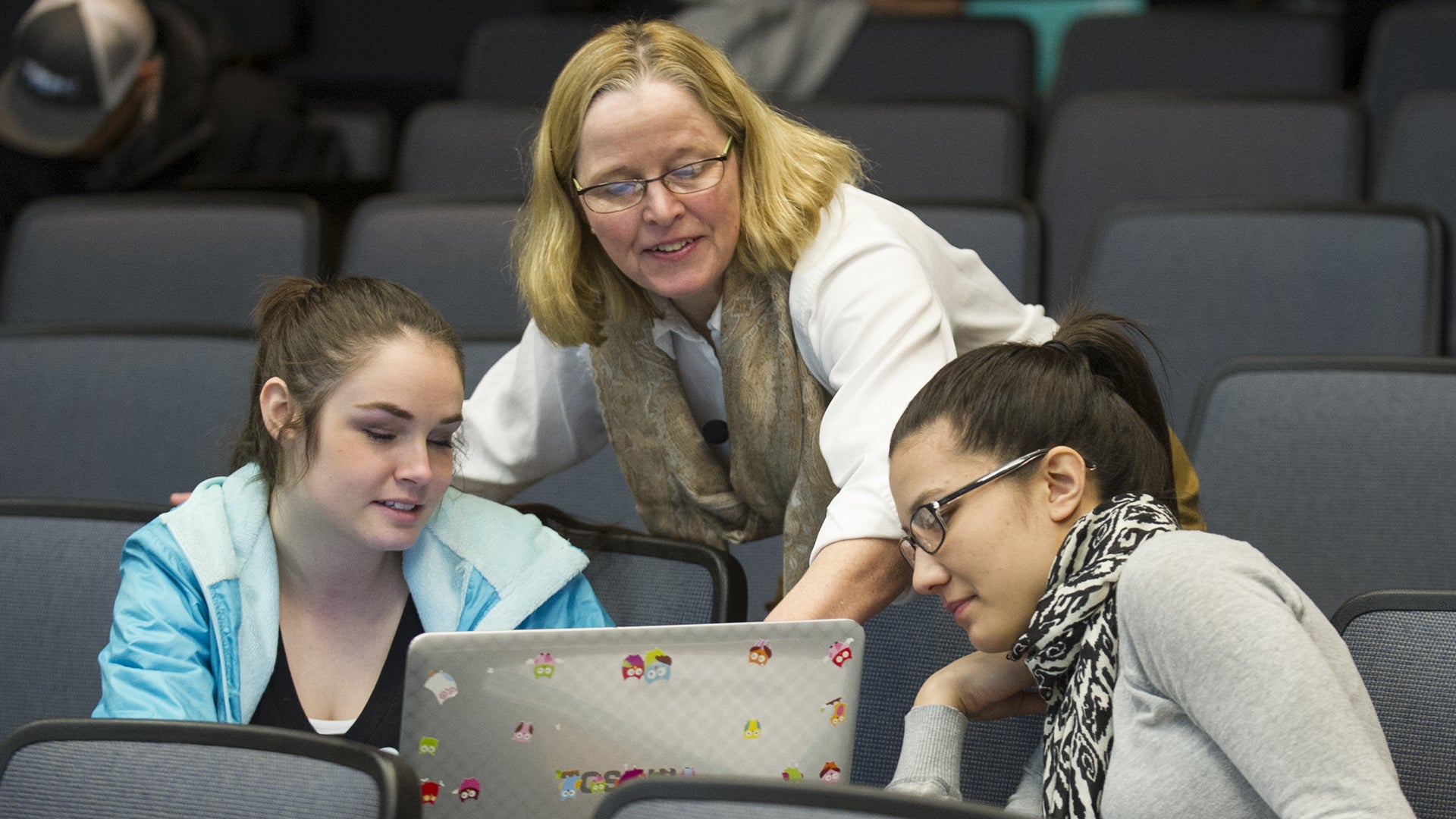During the pandemic, many instructors have incorporated flexibility in their teaching and identified a need to strike a balance between flexibility, fairness, and high expectations of students. Is it difficult to create flexible course deadlines without creating a lot of extra work for instructors? How can we balance compassion with setting clear expectations of getting work done – keeping in mind that the teacher’s wellness, boundaries, and time limits are as important as the students’. Moreover, too much flexibility can sometimes be a barrier for students who need deadlines and more-specific directions. In a recent session faculty shared strategies for and challenges with determining how flexible their late policies should be, balancing the needs of both students and instructors.

Faculty shared with each other specific challenges to having a flexible late policy and strategies they have used to address these challenges in their courses. Based on the discussions and some prior research done by the facilitators, the following strategies emerged that might be of use to instructors who are seeking to balance flexible late work policies, set clear boundaries, and reach course outcomes:
- As a first step, examine your assessment plans to determine if you might cut down on the number of graded assignments.
- Consider the purpose of the assignments, and the reasons why students might be able to turn them in late. No standard policy applies to all KINDS of assignments (or to all classes). Some assignments build on earlier work (e.g., drafts of papers), while others are discrete assessments (e.g., a presentation that comes at the end of a particular unit of study).
- Communication is key – both in terms of what your late policy is AND “why” your policy is set that way. Help the students understand why a deadline is important (i.e., tied to their learning) or why you have built flexibility into certain assignments (but maybe not others).
- Build in “make-up days”, designated day(s) listed in the syllabus when students can submit late work without penalty.
- Build in grace periods after the deadline date (e.g., if you won’t grade something until a day or so after the due date, can it still be considered on time as long as it is there when you do your grading?).
- If you do include a penalty for late work, you can set that up in Canvas so it is applied automatically. This saves you time in grading and the application of the policy is clear to students.
- Include student input/feedback when setting up deadlines.
- If time management challenges are leading students to turn in work late, help them develop planning skills by allowing late work that is accompanied by a plan for how they will be on time for the assignment next time (or future assignments).
- The “Message students who” feature of Canvas is a good way to reach out to students who turn in late work, especially for early assignments. You can use that feature to check in with them about challenges/confusion they have with the course early on.
Overall, the participants agreed that when it comes to late work policies, it’s hard to find the right balance between complete flexibility and no flexibility. Nevertheless, it is important to try, in order to purposefully create a learning environment for students whose success we care about. For a more comprehensive view of the ideas shared during the session, and links to further reading on the topic, you can check out these resources:
- Methods for Managing Late Work
- Rethinking Deadline and Late Penalty Policies…Again
- Grading for a Pandemic
- Do Late Penalties Do More Harm Than Good?
Written by:
Devshikha Bose & Teresa Focarile